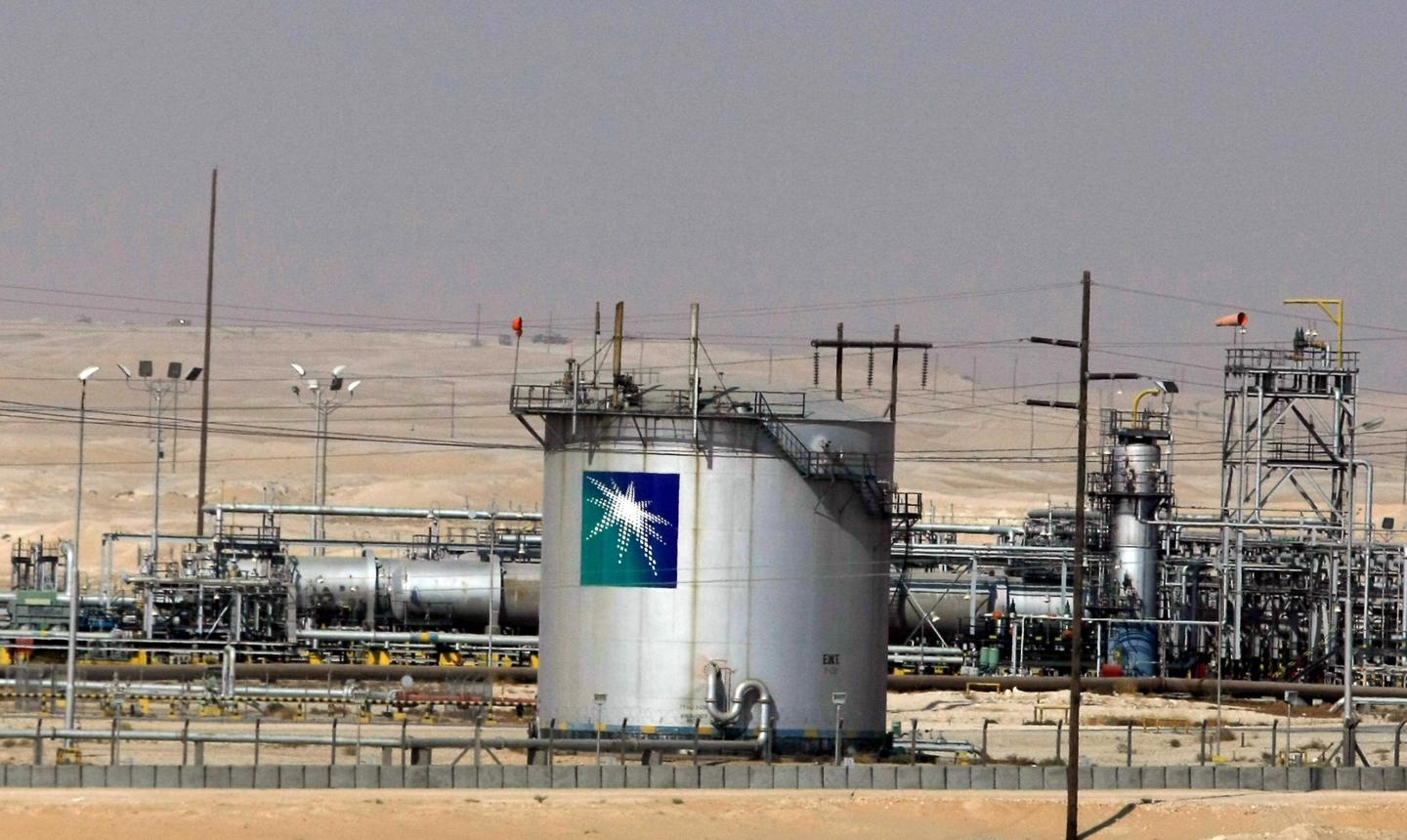Saudi Arabia, the world’s largest crude oil exporter, on Saturday appointed Khalid al-Falih, chairman of the state oil giant Saudi Aramco, as its new energy minister, replacing Ali al-Naimi, who had held the post since 1995.
A royal decree quoted on state television said the petroleum ministry had been renamed to become the Ministry of Energy, Industry and Mineral Resources, and that Falih would give up his other post, that of health minister.
Riyadh in 2014 introduced a new oil strategy aimed at defending its market share and allowing cheap crude to balance the market without cutting supplies, regardless of how low oil prices might fall.
Falih’s appointment is only likely to strengthen this strategy rather than lead to any change in thinking, Saudi watchers and analysts say.
“The appointment of Falih has been expected for some time,” said Saddad al-Hosseini, a Saudi energy consultant.
“He has the right industrial and executive experience to lead the reorganization of the energy and electricity sectors.”
Falih has for years been considered a possible successor to Naimi, who also stepped up to oil minister after heading Aramco.
After graduating in 1982 with a degree in mechanical engineering from Texas A&M University, Falih has spent more than 30 years in Aramco, where he was chief executive from 2009 until he was named chairman last year.
He is one of a handful of Saudi figures whose views are closely watched by traders and analysts for any insight on the kingdom’s oil thinking.
Naimi, who turned 80 in August, began his career in oil at the age of 12 as an office boy at Aramco, and ends it as one of the country’s highest-ranking non-royals. He becomes an adviser at the Royal Court, the decree said.
Naimi has always tried to use Saudi financial muscle and oil supply scale to drive out higher-cost producers or rivals during oil market downturns.
He did so while helping to steer OPEC through a minefield of instability provided by the political travails of several member countries – including wars involving Iraq and Libya, and sanctions on Riyadh’s main strategic rival, Iran.






